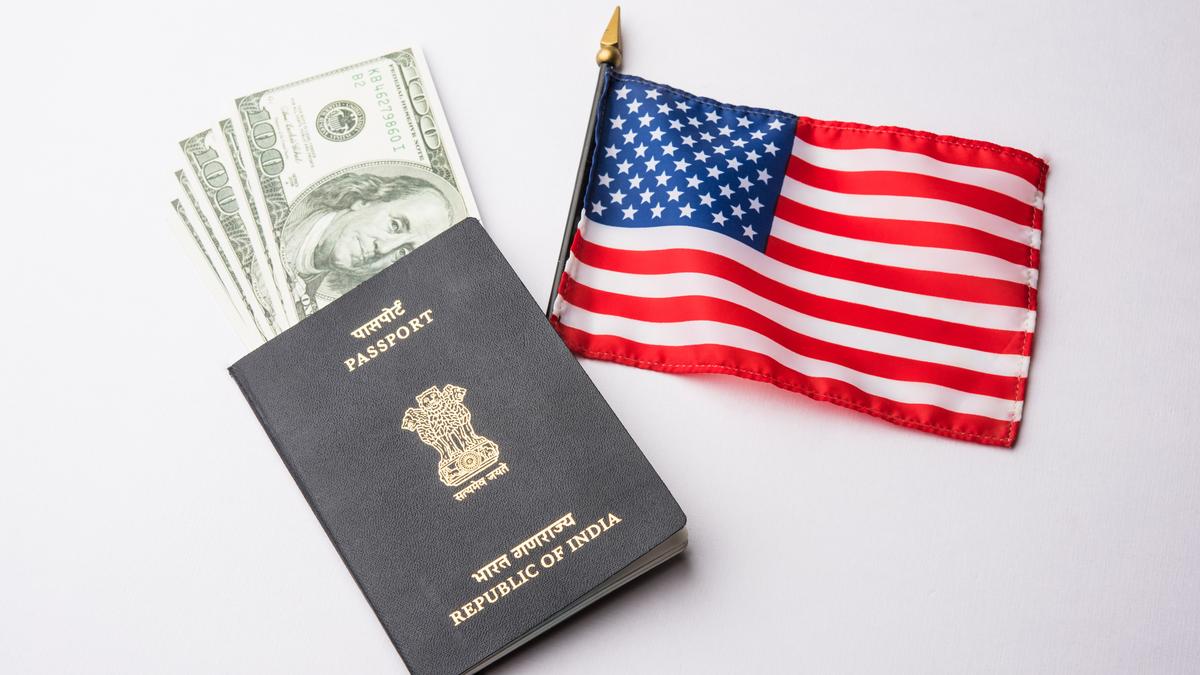‘Reckless’ H-1B fee will have negative impact on IT industry, say U.S. lawmakers and community

U.S. lawmakers and community leaders voiced concern over US President Donald Trump’s plan to impose a $1,00,000 fee on H-1B visa applications, calling the move “reckless” and “unfortunate” that will have a “huge negative” impact on the IT industry.
Mr. Trump’s $1,00,000 H-1B visa fee is a “reckless attempt to cut America off from high-skilled workers who have long strengthened our workforce, fuelled innovation, and helped build industries that employ millions of Americans,” Congressman Raja Krishnamoorthi said.
Mr. Krishnamoorthi said many H-1B holders ultimately become citizens and launch businesses that create well-paying jobs in the U.S. “While other nations race to attract global talent, the United States should strengthen its workforce and modernise our immigration system—not erect barriers that weaken our economy and security,” he said.
Former advisor to president Joe Biden and Asian-American community leader on immigration policy, Ajay Bhutoria, warned of a potential crisis for the U.S. technology sector’s competitive edge with Mr. Trump’s new plan to impose the “staggering” H1-B fee.
ALSO READ | The impact of H-1B visas on the tech industry in U.S.
“The H-1B programme, a lifeline for innovation that has attracted top talent from around the world, faces unprecedented barriers with this massive jump from the current $2,000-$5,000 total fee, which will crush small businesses and startups reliant on diverse talent,” Mr. Bhutoria said.
Mr. Bhutoria added that the move will drive away skilled professionals who power Silicon Valley and contribute billions to the U.S. economy.
He said the move may backfire by pushing talent to competitors like Canada or Europe. He called for a balanced reform like exempting startups or prioritising merit-based selection instead of “this extreme overhaul”.
Khanderao Kand of the Foundation for India and Indian Diaspora Studies said the $1,00,000 fee for H-1Bs is a very unfortunate policy with a huge negative impact on businesses, particularly in the software and tech industries, as well as on U.S.-educated STEM talent who are already struggling due to the negative impact of AI and tariffs.



